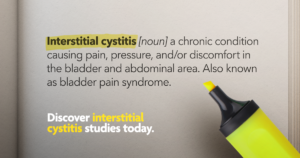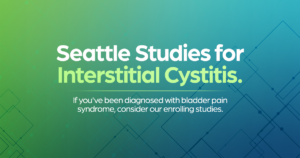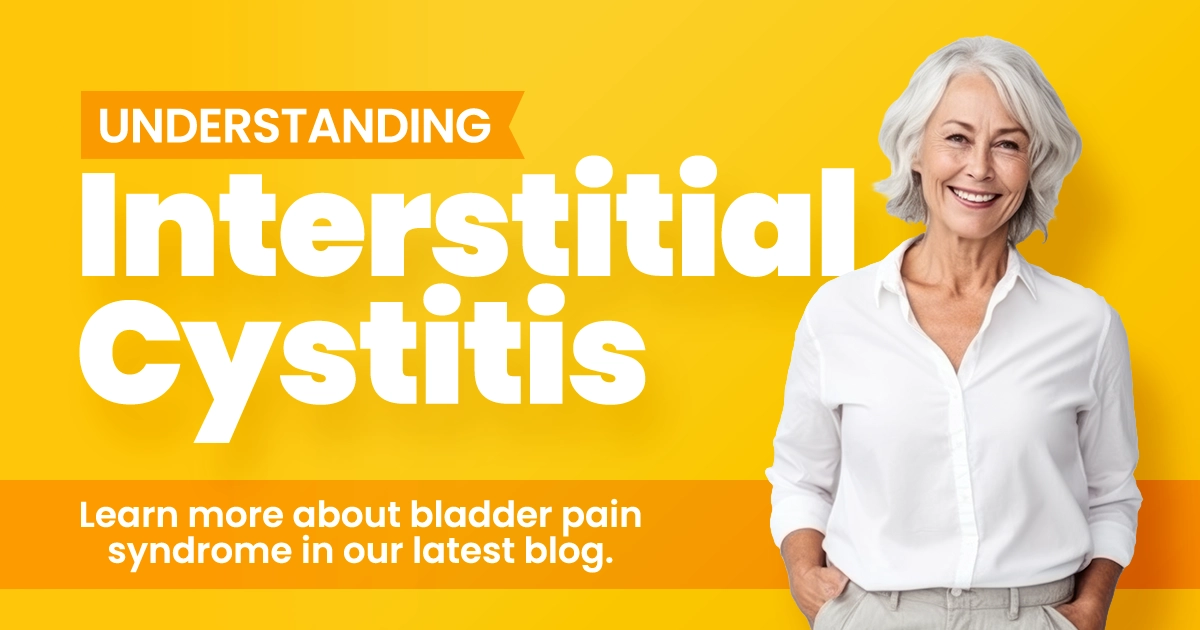Interstitial cystitis (IC), also known as painful bladder syndrome, is a chronic condition characterized by bladder pain, urinary urgency, and frequency. Despite its prevalence, IC remains widely misunderstood, often leading to misdiagnosis and inadequate treatment. Read more below about the complexities of interstitial cystitis and the search for relief through clinical studies.

Symptoms of Interstitial Cystitis
The symptoms of interstitial cystitis can vary widely among individuals, making diagnosis challenging. Common signs and symptoms may include:
Risk Factors for Interstitial Cystitis
While the exact cause of interstitial cystitis remains unknown, several factors may increase the risk of developing the condition, including:
Complications of Interstitial Cystitis
Living with interstitial cystitis can significantly impact quality of life and may lead to various complications, including:

Studies for Interstitial Cystitis at Seattle Clinical Research Center
If you or someone you know is living with interstitial cystitis and seeking new treatment options or contributing to research efforts, consider exploring our enrolling studies. As a leading research facility dedicated to advancing medicine and therapeutic treatments, we offer opportunities for individuals to participate in clinical research studies. By joining our efforts, you can play a vital role in shaping the future of interstitial cystitis treatment for those affected by this challenging condition. Contact us today to learn more about interstitial cystitis studies and how you can get involved!


